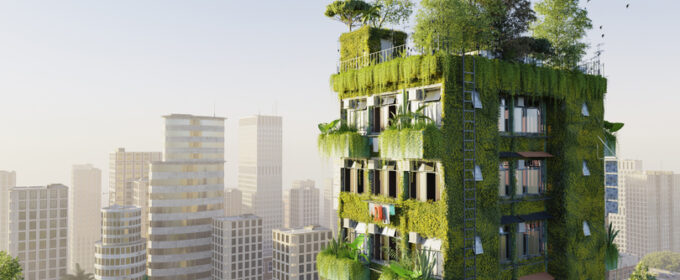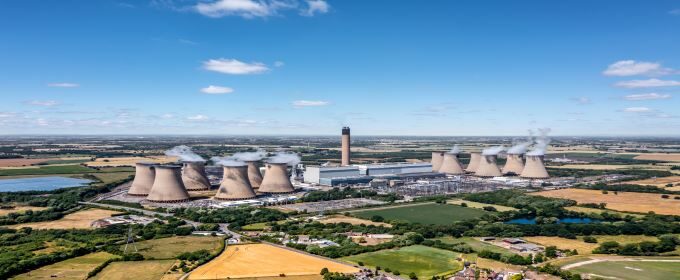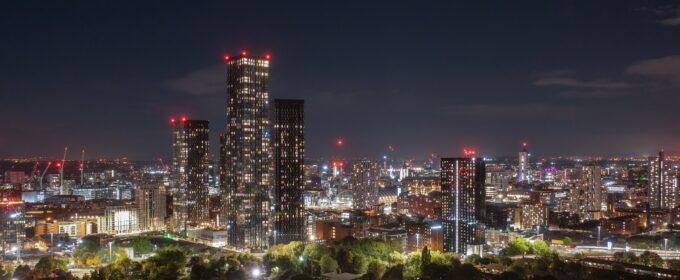Air pollution levels in Greater Manchester are some of the highest in the UK. As air pollution can potentially worsen pre-existing health conditions, Greater Manchester residents are increasingly concerned about the high rates of air pollution and are seeking to find practical, place-based solutions to tackle the issue. In this article, Professor Sheena Cruickshank addresses […]









